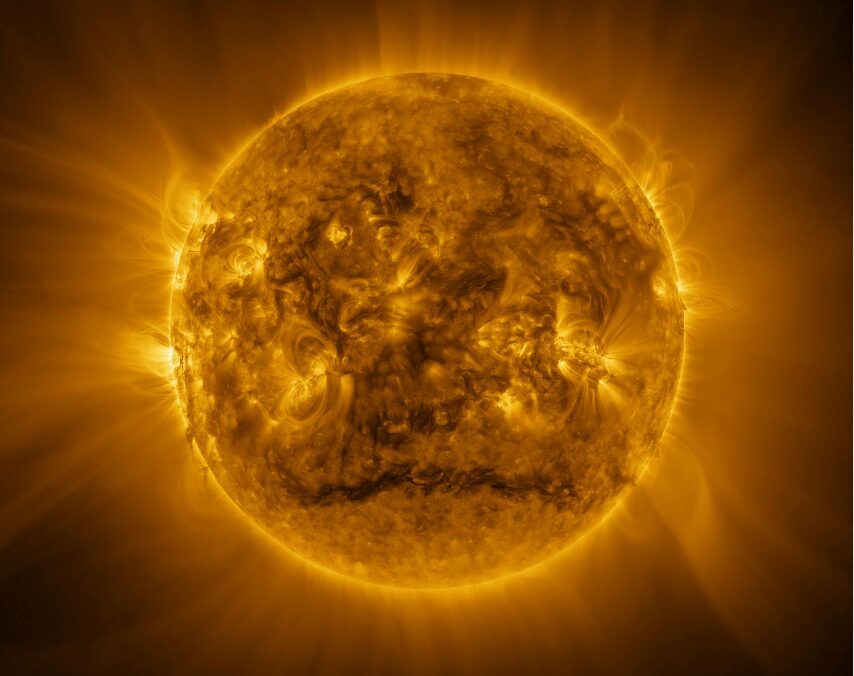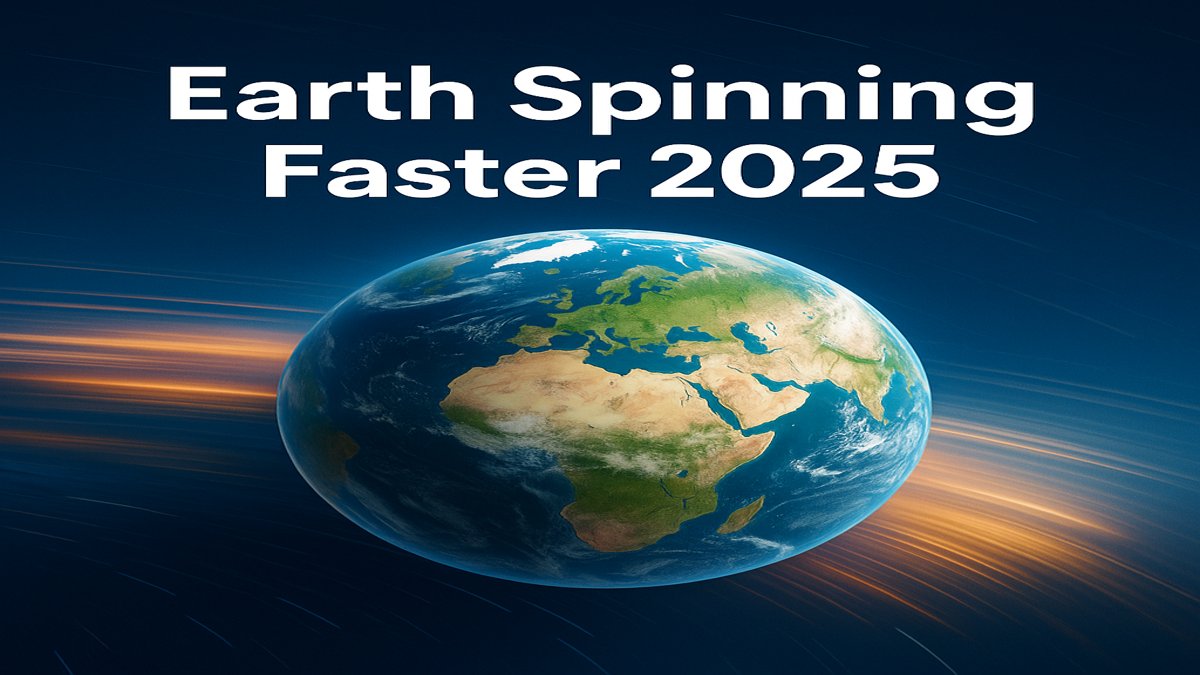Heat stroke events in 2025 are breaking temperature records across the globe, alarming scientists and indicating warning signs of potentially crossing a dangerous tipping point for our climate. From Asia to North America, extreme and deadly heat is pushing ecosystems and human populations to their limits.
🔥 Why is the 2025 Heatwave So Extreme?
2025 set new records to become one of the most extreme and widespread heat events in history. Many cities in India, Pakistan, Europe, and the U.S. have reported extreme temperature above 48°C (118°F), producing unprecedented blackouts, crop failures and deaths related to heat stress.
📊 According to the World Meteorological Organization (WMO):
- 2025 may be the hottest year on record
- 4+ billion people experienced reportedly 30+ days of additional climate crisis
- Global average temperature is approaching the 1.5°C limit rapidly
Plastic pollution is quietly fueling global warming — and making historic climate crisis like 2025 even worse.
⚠️ Climate Tipping Points: What Are They?
In 2025, the headline-grabbing deadly summer heat have exceeded just being seasonal heat spikes. Instead, the extreme temperatures are evidence of a disturbing transition in the Earth’s climate system. Scientists believe these conditions are an early threat that we may be approaching a tipping point where the environment will no longer be able to remain stable, thus leading to the permanent changes in vegetation and severe disruption to climate. Things like the disintegration of polar ice sheets, permanent damage to forests, and catastrophic global weather systems. Meaning, should trends similar to this extreme heat continue, it could mean long-term environmental instability and widespread influence on nature and human life.
Scientists are warning us that we could cross several tipping points such as:
- Greenland and West Antarctic ice sheet collapse
- Permanent Amazon rainforest dieback
- Shutdown of Atlantic Ocean currents (AMOC)
- Permafrost melt releasing methane gas
🧪 A 2025 study in Nature Climate Change reports a 62% chance that tipping points could be crossed this century—even if emissions are moderately reduced.
🧠 What Scientists Are Saying About the 2025 deadly summer heat?
Across the world, climate scientists are raising the alarm. Here’s what the scientific community is saying:
- This is not simply a hot summer – it is a climate emergency,” says Dr. Elena Rodriguez, a climate physicist from MIT
- NOAA’s research indicates that extreme heat events have more than tripled since 1980, largely due to human-induced global warming
- The IPCC warns that the closing window to avoid catastrophic tipping points is rapidly narrowing
🌡️ Global Impact of This Year’s Record-Breaking Heat Events
The current situation of climate crisis is wreaking havoc across the globe:
🏥 Health: Hospitals in numerous countries are dealing with record numbers of people admitted with heatstroke or dehydration, especially among vulnerable populations such as the elderly.
🌾 Agriculture: In places such as South Asia, Africa, and southern Europe, production is falling to zero due to prolonged drought and extreme heat.
🔥 Wildfires: A number of summer wildfires are burning across Canada, Australia, and California, with extreme heat and drought causing fire behaviour that few firefighters can control, leading to the destruction of ecosystems and entire communities.
💡 Energy Systems: Power grids are stressed as electricity demand spikes due to the rise in air conditioning and cooling systems, resulting in more blackouts as all the energy systems begin to fracture.
🌱 Is it too late to avoid climate collapse?
No, but we must act fast because the time frame for action is narrowing. Scientists warn that the next two to five years are critical to avoid the irreversible consequences of our current actions and the long term damage it has done to our climate. Some of the key actions that individuals and society can take include:
🛢️ Rapidly reducing fossil fuel emissions
🌿Commit to massive investment to green energy and sustainable infrastructure
📜 Ask all government leaders to commit to vital climate agreements such as the Paris Accord.
📡 Start developing early warning systems to alert communities to upcoming extreme weather.
Every fraction of a degree we can prevent from rising will make a measurable difference; lives saved, species saved, and the possibility of a conscious future together.
✅ What You Can Do to Help?
- 🚶 Use public transport, reduce air travel, and adopt eco-friendly habits
- 🌳 Plant trees, reduce plastic use, and support clean energy initiatives
- 🗳️ Vote for climate-conscious policies and leaders
- 📚 Stay informed with reliable sources like NASA, WMO, and the IPCC
🔍 Final Thoughts
Extreme temperatures this year are not an uncommon occurrence – this year’s extreme temperatures are part of a pattern of global disruption by climate. The science continues to be disturbing, and the activists and the scientists are still saying that something can be done, but time is not on our side. The choices we make today will determine the climate that our children inherit.
Want to understand how plastic waste is making climate change worse? Read our post on plastic pollution and real solutions
🌡️ Frequently Asked Questions
What caused the 2025 heatwave?
The 2025 heatwave was primarily driven by global warming, El Niño effects, and continued greenhouse gas emissions. Scientists link it to climate tipping points being approached faster than expected.
Which countries were affected the most?
Countries like India, Pakistan, the U.S., Spain, and Australia experienced severe temperatures, power grid failures, wildfires, and public health emergencies.
Is this linked to climate change?
Yes. The rise in global temperatures, shrinking polar ice, and increasing CO₂ levels are directly linked to extreme heat events like the 2025 heatwave.
Can we prevent future heatwaves?
While we cannot eliminate heatwaves entirely, cutting carbon emissions, transitioning to clean energy, and implementing global climate policies can reduce their frequency and severity.




